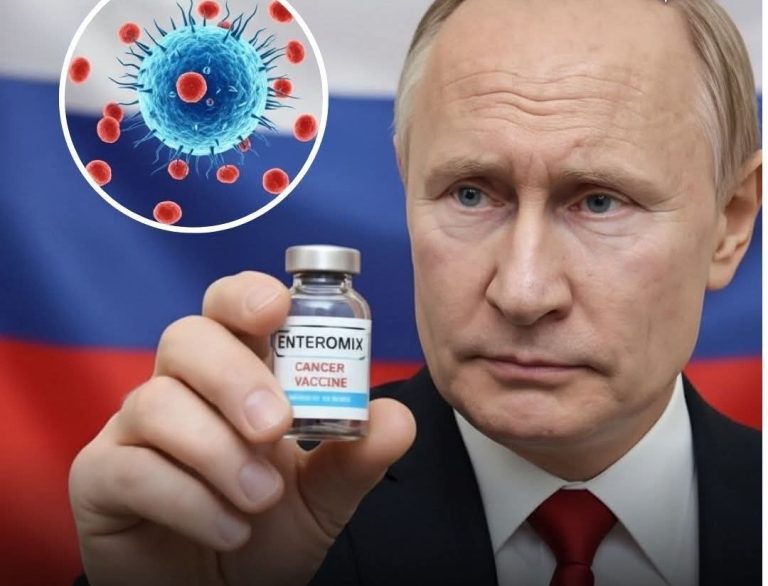
Different Types of Vaginal Infections (Vaginitis) and How to Treat Them Permanently.
Medically What Does Vaginal Infection (Vaginitis) Means?
The medical term vaginitis is a condition that causes inflammation within your vagina area. Vaginitis which is synonymous with vulvovaginitis connotes inflammation in your vagina area as well as your vulva which is the external section of your genitals.
Yes, there are different causes of vaginal infections, and it’s very common in women. Interestingly, the American College of Obstetricians and Gynecologists said that most women at a point in their lifetime will develop vaginitis.
It is very possible that these infections may happen at any time, however, it is very common with women in their adulthood up to when they are in their early 40s.
Most people believe it’s only when you have sex that you can develop vaginal infections, on the contrary, it’s very possible to have these infections without having sex. You may wish to know that vaginitis is very different from sexually transmitted infection (STI). This is not to say that sexual activities cannot make you have vaginal infections, they can in some cases, and we’ll take a look at that subsequently.
Some Symptoms of Vaginal Infections:
- When you feel your Vaginal is burning or itching you
- When you feel uncomfortable down there and there’s soreness
- When you notice a swell around your vagina and vulva area
- When you feel pains and a burning sensation during urination
- When you feel pain during penetration while having sexual intercourse
- When there’s a slight change in the colour of your vaginal discharge and the amount of discharge
- When you notice bleeding in your vagina while you are not menstruating
Note, you may just notice a few or one of the many symptoms we mentioned above. It is advisable if symptoms persist a few more days than usual to see a doctor for diagnosis and immediate treatment.
One of the most common symptoms is a burning sensation when you urinate.
What are the various types of infections?
Different vaginal infections have similar symptoms and this makes it almost hard to know which one is which.
However, each type of infection has a few distinct symptoms that make it unique from the other. Let’s take a look at some of them.
Atrophic vaginitis: Note that this is not an infection per say, notwithstanding; it can increase the tendency of you contacting vaginal infections and UTls. It is very technical in the sense that you may not even notice a symptom that looks like other infections, symptoms like dryness, vaginal itching, and burning.
Bacterial vaginosis (BV): This type of infection is known when you start discharging a yellowish substance; sometimes it’s greenish or grayish-white.
Trichomoniasis: This type of infection is common with many women, when your vaginal itches and emits a fish-like odor then you have Trichomoniasis infection. It also comes with a greenish-yellow discharge; sometimes you might notice irritation, swelling, and inflammation around your vagina and valve area.
Some other symptoms are excessive pain during sex, burning pain during urination as well as lower abdominal pain.
Yeast Infections: One of the ways to detect yeast infections is when you notice swelling around the labia or when there’s a fold of skin outside of your vagina. There will also be soreness, itching, and burning sensation around your vagina.
YOU MAY LIKE: Scientists Discover The Forces That Makes People Have Evil Thoughts
Just before we go further what is the cause of vaginal infections?
In plain words, vaginal infections develop as a result of something affecting the normal balance of yeast and bacteria in your vagina.
These are some major causes of vaginal infections (Infection type):
Detergent and fabric softener: Using detergent and fabric softener to wash your clothes can affect your vaginal PH resulting in yeast infections.
Synthetic clothing or tight-fitting: Wearing very tight underwear and bottom can cause vaginal irritation as it will trap moisture which in turn prevents airflow. This can increase the chances of getting an infection. Similarly, putting on very tight bottoms or still wearing your wet bottom after hitting the gym or going for a swim can cause infection.
Spermicidal contraceptives: using birth control especially those in gel or film form can cause inflammation and irritation which can lead to vaginal infections. We are not saying birth control is bad, but it’s very important to use the right one that works well for you.
Soap, body wash, and perfume: One of the major causes of vaginal infection that many women don’t know is the use of soap, body wash, and perfumes. Using soap or spraying perfumes on your vagina can disrupt its natural PH and kill healthy bacteria in your vagina. So it is advisable to wash your vagina and vulva with just plain water.
Bacterial infections: When certain bacteria found in your vagina are overgrown, it can cause BV. Though BV is not regarded as STI, sexual touching which may include oral, hand-to-genital, oral or penetrative vaginal sex can cause bacterial overgrowth thereby increasing your chances of getting BV.
Douching: You may think washing your vagina with a blend of vinegar and water or iodine and other antiseptics is a great idea for keeping it clean, the fact is that your vagina has the capacity of keeping itself clean, you don’t need to do all that. Using these items to clean your vagina will reduce the healthy bacteria in your vagina and expose it to infections.
This is very key, for unknown reasons health care professionals may not be able to detect the actual cause of your vaginal infections, this situation is referred to as nonspecific vulvovaginitis and is common with young people who have not attained puberty stage.
So how can vaginal infections be diagnosed?
Vaginal infections can be diagnosed by a doctor or clinician.
There is a self-medication vaginal PH test that you can get in some local drugstores that will help in identifying a BV or yeast infection.
Now that we know the type of vaginal infections and their causes how do we treat them permanently?
Vaginal Infections (Vaginitis) and How to Treat Them Permanently.
How vaginal infections are treated depends on the root of the infection and its causes.
Here are some prescriptions that doctors may give that works:
- Doctors can prescribe estrogen tablets and cream for the treatment of irritation and severe vaginal dryness connected to atrophic vaginitis
- Doctors may prescribe tinidazole or metronidazole tablets for the treatment of trichomoniasis
- Bacterial Infections can be treated with metronidazole (either in cream, gel, or tablet) or clindamycin (either in gel or cream form).
- Yeast infections can be treated using suppositories or antifungal creams which can be bought without a prescription at any local pharmacy or drugstore near you. It is good that keep in mind that if the infection continues it is advisable to contact a healthcare professional.
Some healthcare workers who are professional usually tell you not to use irritants like too much-perfumed soap, douches, and scented tampons or pads.
DO YOU HAVE ANYTHING YOU WANT TO TELL US ABOUT NIGERIA? CLICK HERE TO JOIN ESSENCE FORUM AND SHARE YOUR TOPICS WITH OVER 4000 MEMBERS.
WATCH MORE NEWS ON OUR YOUTUBE CHANNEL CLICK HERE TO SUBSCRIBE
Different Types of Vaginal Infections (Vaginitis) and How to Treat Them Permanently.
Discover more from TOKTOK9JA MEDIA
Subscribe to get the latest posts sent to your email.


























